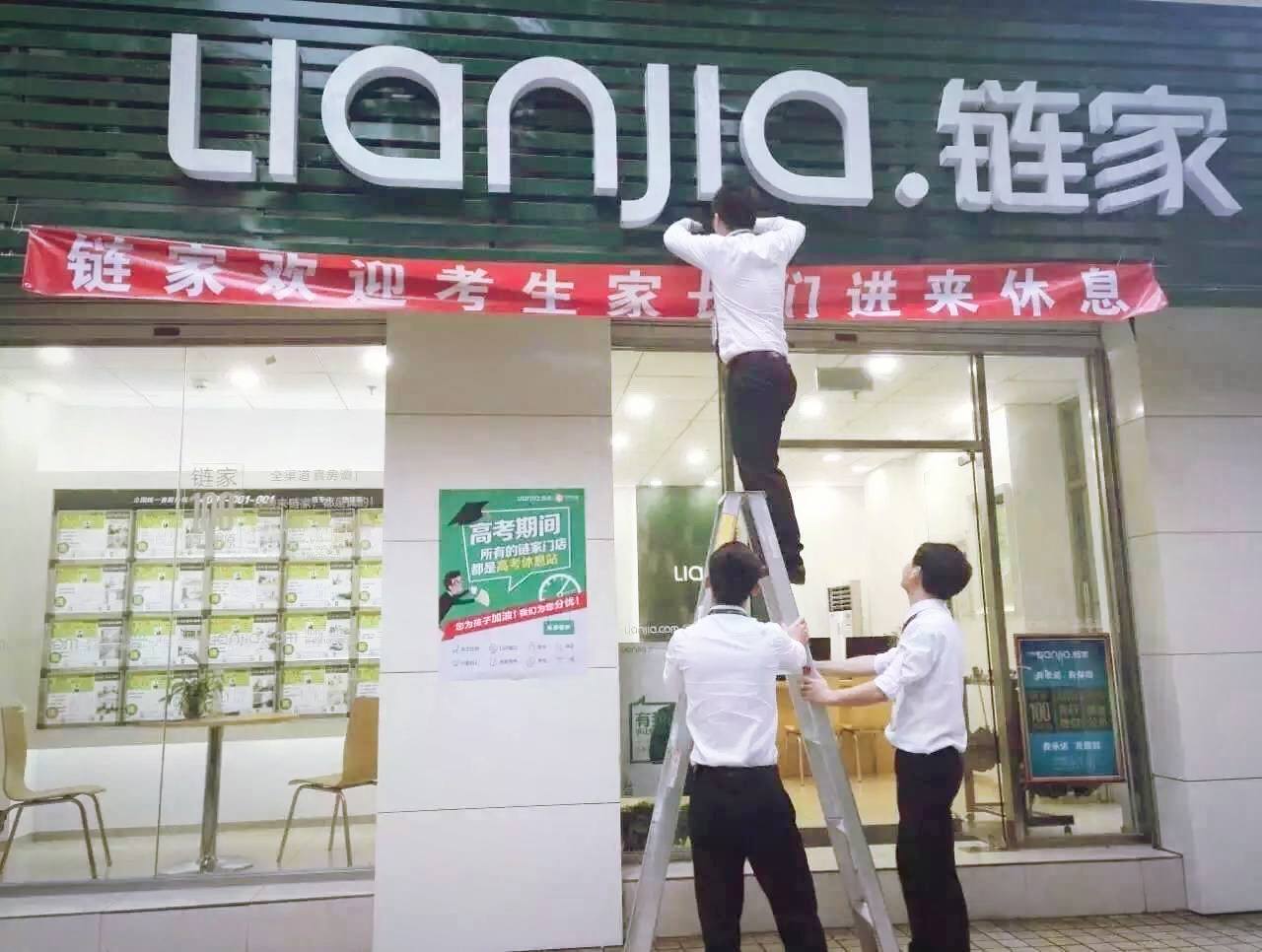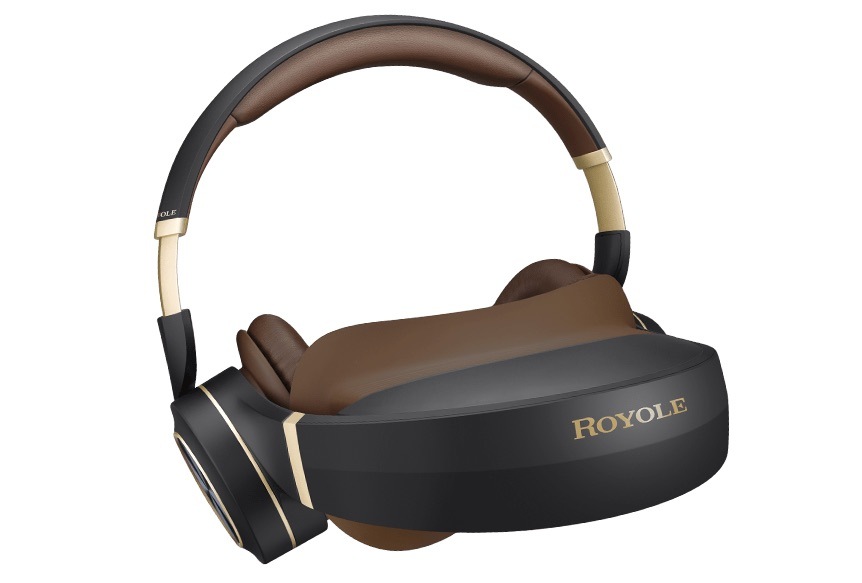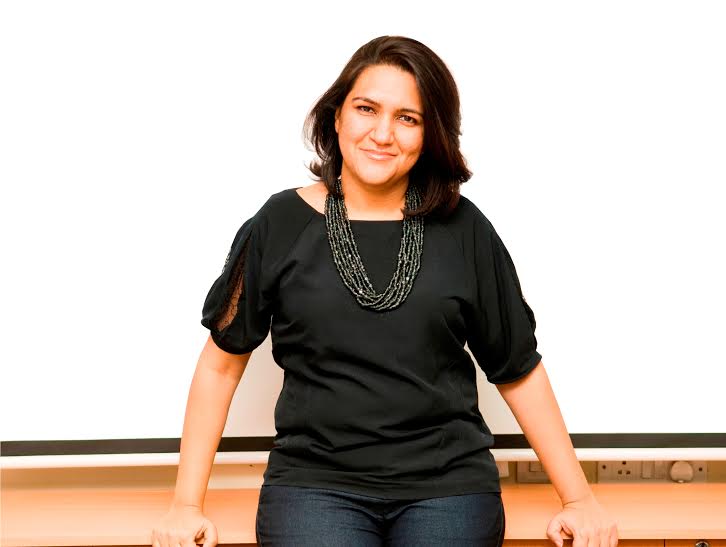
36 diverse tech startups ascended to billion-dollar valuation or above in 2016, of which 16 are spread across Asia – mostly in China. Photo credit: Avariel Falcon.
The startup “unicorn” club is not quite as exclusive as it used to be, with a raft of new tech giants joining the party each year. This year saw 36 startups ascend to billion-dollar valuation or above, way down on the 76 that emerged in 2015.
Of the newcomers, 16 are spread across Asia. They join the ranks of Uber, Didi Chuxing, and Snapchat alongside a total of 179 unicorn companies that are collectively worth US$646 billion, according to data from CBInsights. That’s the same amount as the GDP of oil-rich Saudi Arabia.
It’s no surprise that China nurtured the most billion-dollar babies in 2016; indeed, all but five of this year’s Asia-based newcomers are of Chinese descent.
1. Lianjia
- Valuation: US$6.2 billion
- Country: China
Well, this is awkward. The biggest new unicorn on the continent isn’t really even a startup. Or tech. I mean, if you visit China, you’ll see Lianjia’s green stores dotted around every major city, each crammed with an improbable number of salespeople.

Staff outside a Lianjia store. Photo credit: Lianjia’s Weibo.
With 6,000 shops and 120,000 employees, it’s arguably China’s biggest estate agent chain, connecting renters and buyers with homeowners. It started out in 2001.
But hey, it’s raising money and it has an app, so ┐(´д`)┌ amirite?
The firm is now expanding aggressively in the cities with the hottest real estate markets in China. It has 20,000 staff in Shanghai alone, and it aims to go beyond the 22 cities where it’s now active. It also offers its customers home loans.
Lianjia is taking a mixed offline-online approach to China’s property market, which helps it stand out from web-only rivals. While it focuses on building its brand by emphasizing trustworthiness and having the tidiest stores and most well-mannered staff, the strategy is not without its risks. There are the huge overheads from all those shops and it charges higher commission fees than its smartphone-era rivals.
2. Royole
- Valuation: US$3 billion
- Country: China
This is another unusual one – a company that pretty much nobody in China has even heard of. It makes flexible displays and sensors that are then slotted into other company’s gadgets.
Royole has also ventured into wearables under its own brand, but you can be forgiven for never having spotted any of them – like its VR headset with noise-cancelling headphones welded on.

Royole X headset was first shown off at CES 2016. Photo credit: Royole.
The firm joined the unicorn club last month when it pulled in US$80 million in series D funding.
3. Huimin
- Valuation: US$2 billion
- Country: China
Huimin, the only unicorn named after your Singaporean workmate, is another head-scratcher in its native China.
An ecommerce marketplace for small supermarkets and mom-and-pop stores to buy their stock from wholesalers, it also has warehouses and delivery centers to speed up shipping. It’s basically Alibaba for the independent retailer industry.
It raised US$195 million in September.
4. Hike
- Valuation: US$1.4 billion
- Country: India
The first familiar name on this, Hike doesn’t really need an introduction. Although Facebook and its adoptive WhatsApp dominate social media in India, this homegrown startup is fighting back with plenty of pluck – and a fistful of dollars.

CEO Kavin Mittal. Photo credit: Hike.
When I first talked to Hike’s Kavin Bharti Mittal – son of billionaire telco baron Sunil Bharti Mittal – shortly after the app’s tentative launch on Android in 2012, he said India needs something streamlined and which fits into how people there use their phones. So the messaging app partially made use of SMS.
Over time it has evolved, just as India’s consumers have done as they’ve leapt whole-heartedly into the smartphone era. Hike now does video calls and even has live filters like Snapchat.
Hike got US$175 million series D in August.
5. Go-Jek
- Valuation: US$1.3 billion
- Country: Indonesia
Go-Jek, an Uber for motorbikes, is Indonesia’s only confirmed billion-dollar startup, joining the club over the summer with US$550 million in funding.
The app has expanded over the years to cover cars and an array of on-demand services such as takeaway food. It now has “more than 200,000 motorcycle and car driver partners, more than 35,000 Go-Food merchants whose businesses we helped grow, and more than 3,000 service providers on our other on-demand services,” said co-founder and boss Nadiem Makarim in August.
See: Go-Jek: a unicorn’s journey
6. Shopclues
- Valuation: US$1.1 billion
- Country: India
Launched in 2011, Shopclues might not be a household name like Flipkart, but it has carved out a niche at the affordable end of the online shopping scale. It focuses on electronics, appliances, home furnishings, and clothing from off-brand companies, aiming itself at shoppers outside of India’s main cities.

Radhika Aggrawal of ShopClues. Photo credit: Shopclues.
Shopclues pulled in US$116 million series E in January.
See: A lesser-known rival to Flipkart and Amazon is winning big by targeting small-town India
7. Liepin
- Valuation: US$1 billion
- Country: China
China’s jobseekers are not short of options on the web, but that hasn’t stopped Liepin from rising through the ranks.
With a focus on the most attractive jobs at major companies, the site has 1 million members and 100,000 registered headhunters at the last count. Individuals can apply for jobs in the usual way – and companies themselves can also approach hot candidates.
It raised US$100 million in June.
8. Zhangyue
- Valuation: US$1 billion
- Country: China
Here comes a hardware startup. Zhangyue makes e-readers as well as reading apps for phones that connect to an e-book store.
9. Souq
- Valuation: US$1 billion
- Country: United Arab Emirates
Souq, the Amazon of the Middle East, is the region’s first billion-dollar babe.
A marketplace for thousands of vendors, Souq has 1 million products across 31 categories, with shoppers in UAE, Egypt, and Saudi Arabia. It’s up against Rocket Internet-backed Namshi, which operates in six Middle Eastern countries.
The startup pocketed US$275 million in investment money in February.
See: Co-founder of Rocket Internet’s ‘Lazada for the Middle East’ shares her journey
10. Mercari
- Valuation: US$1 billion
- Country: Japan
Japan’s newest unicorn – and the first since 2008 – is Mercari, an app for selling second-hand goods. That might sound like a flea-bitten idea for a startup, but flea-market apps are a popular alternative for many to buying stuff brand-new from Amazon – and for those seeking to make a few bucks from things they no longer need. And the apps feel so much nicer than Craigslist, the sketchy street corner of the internet.
It bagged US$74 million series D in March.

Co-founder and CEO of Mercari, Shintaro Yamada. Photo credit: Tech in Asia / Michael Holmes.
The app sees US$88 million worth of orders every month and Shintaro Yamada, co-founder and CEO, says the company is – gasp! – profitable by a few million dollars. There should be a special word to describe the rare beauty of a unicorn that actually makes a profit.
Mercari’s mercurial next move is expansion into the States.
See: He’s steering Japan’s newest unicorn into battle in the US
11. Xiaohongshu
- Valuation: US$1 billion
- Country: China
Xiaohongshu – literally “Little Red Book” in Chinese – got a fistful of Maos in March that propelled the shopping app to a valuation of US$1 billion.
It now has 17 million shoppers – Chinese consumers who also use the app to keep up with the latest trends from overseas – spending over US$200 million each year. Despite Alibaba’s dominance of online shopping in China, the startup has thrived by focusing on connecting shoppers with overseas vendors who have things they simply can’t find in China.
12. Icarbonx
- Valuation: US$1 billion
- Country: China
Icarbonx is China’s first biotech startup to hit the 10-figure mark – and it did so at its first major round, raising US$154 million series A in April.
The startup is actually more about data than test tubes. It’s building a repository of health-related data – genetic data, all the information from fitness trackers – so that it can recommend personalized products and health services to companies or individuals.
13. Mofang Apartments
- Valuation: US$1 billion
- Country: China
What can China’s youngsters do when they’ve been priced out of major Chinese cities by rocketing real estate prices that put Beijing close to New York levels? They can move into a tiny serviced “apartment.” These one-roomers are in buildings that resemble co-working spaces, with amenities like a cafe, gym, and lounge areas.
Imagine a Swedish low-security prison with an IKEA makeover.

A single-room pad rented out by the startup. Photo credit: Mofang Apartments.
Mofang Apartments is one of several startups in the country tapping this trend for Lilliputian living spaces. It secured US$300 million in April.
14. UBTECH Robotics
- Valuation: US$1 billion
- Country: China
UBTECH Robotics is the startup behind Alpha 2, the “family robot” that’s designed to be fun as well as educational for everyone in the household, telling bedtime stories to the kids or teaching mom yoga.

540 bots bust a move at the CCTV Spring Festival Gala in February 2016. From YouTube clip by UBTECH Robotics.
The startup got a ton of free publicity at the start of the year as China’s most-watched TV show, the annual gala that rings in Chinese New Year, featured 540 Alpha 1S bots – the mean-eyed one, not the cutesy Alpha 2 – dancing in sync to a performance by veteran pop star Sun Nan.
15. Guazi
- Valuation: US$1 billion
- Country: China
From the founder of Ganji, which is China’s answer to Craigslist, Guazi is a marketplace for used cars.
“The majority of the vehicles in China are still owned by the first owner; secondary-owned vehicles are the minority,” said Bill Russo, a Shanghai-based consultant, to the Financial Times. “That is unlike any other country.”
And so Guazi and a handful of rivals are ahead of the curve, as China’s new car boom evolves into a growing market for secondhand motors.
The startup in March got US$205 million for its latest round.
16. U51
- Valuation: US$1 billion
- Country: China
The startup makes an app in which users can store their credit card details to view monthly bills and make payments. There’s also a marketplace for new credit cards and other financial products.
The team swiped US$310 million in April.
All valuation data is from CBInsight’s real-time unicorn list.
This post https://www.techinasia.com/new-startup-unicorns-2016 appeared first on Tech in Asia.
from Tech in Asia https://www.techinasia.com/new-startup-unicorns-2016
via IFTTT

No comments:
Post a Comment